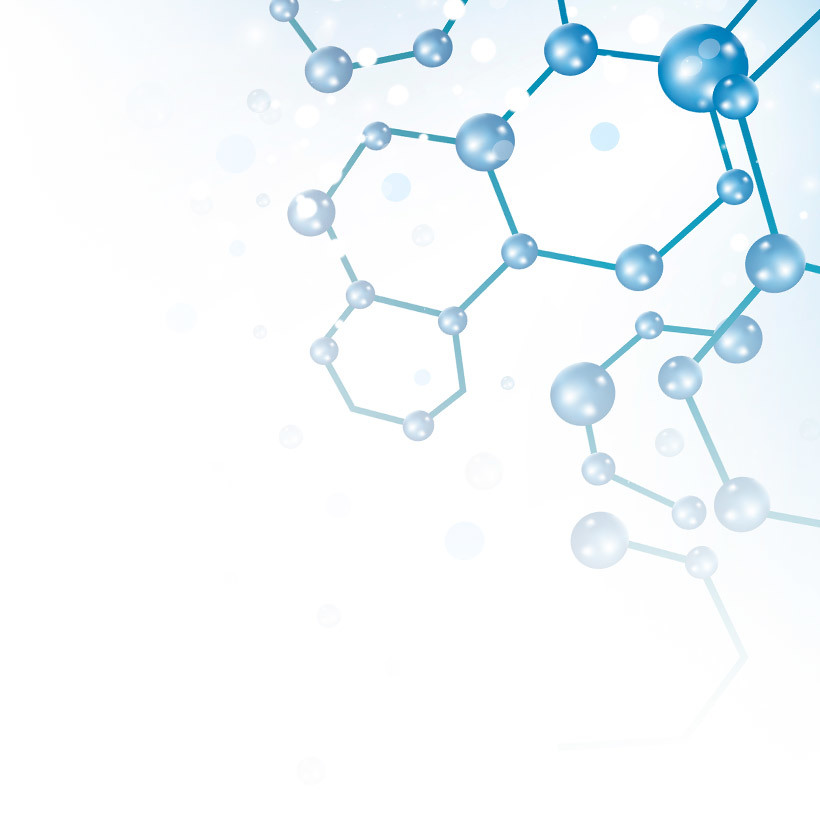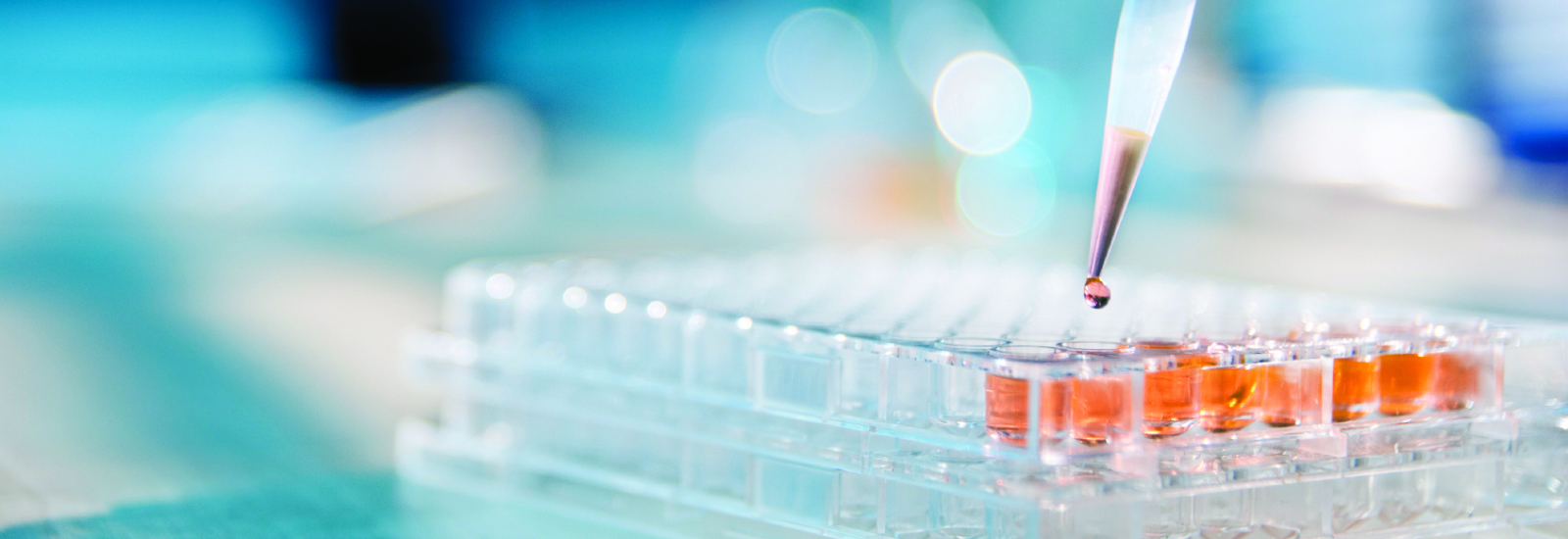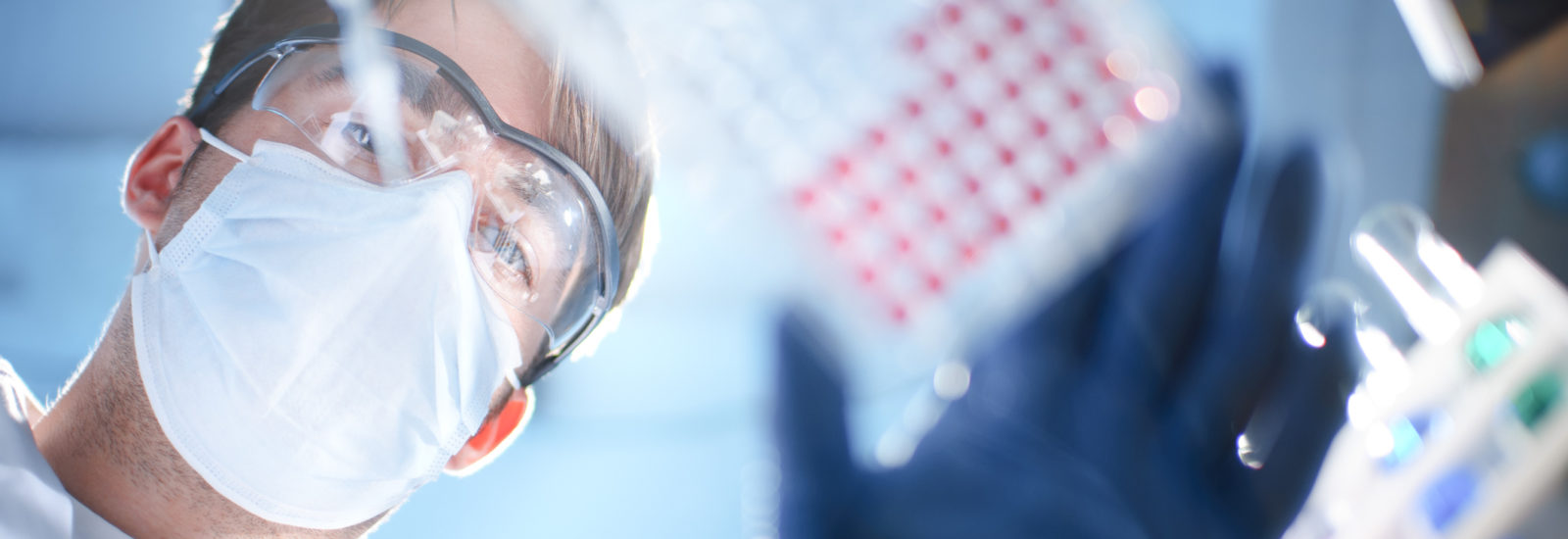

Considerations When Studying Esterase Activities in the Intestine
- Drug Metabolism
- July 12, 2017
- Dr. Chris Bohl, Michael Millhollen
The gastrointestinal wall is a significant site of first-pass metabolism for oral drugs, which is commonly associated with CYP450 and UGT enzymes. However, contributions of esterase activities in the intestine can also be significant in drug metabolism.
To further understand these effects, XenoTech offers intestinal subcellular fractions from relevant animal and human intestinal tissues. Our scientists utilize an elution method combined with a cocktail of protease inhibitors to protect the majority of CYP450 activities in the intestinal subcellular fractions during the isolation process. However, a component of the inhibitor cocktail, phenylmethylsulfonyl fluoride (PMSF), is known to inhibit esterase activity.
PMSF is a serine protease inhibitor that inhibits trypsin and chymotrypsin found within the small intestine, preserving optimal CYP450 and UGT activities. However, considering its tendency to inhibit esterase activity, XenoTech also offers PMSF-free intestinal subcellular fractions from multiple species. These preparations are useful in examining esterase-dependent metabolism, but are less useful for CYP450 metabolism studies due to low activities. The preparation method of these subcellular fractions is essentially the same, simply without the addition of PMSF.
- The gastrointestinal wall is a significant site of first pass metabolism for oral drugs.
- XenoTech offers intestinal subcellular fractions from relevant small animal models (canine, rat, and mouse), monkey, and human intestinal tissues.
- Scientists at XenoTech utilize an elution method to gently release intestinal enterocytes prior to homogenization and processing into microsomes, S9, and cytosol. XenoTech scientists have shown the elution method is superior when compared to scraping the enterocytes from the luminal surface as the elution method results in higher specific metabolic activities (view poster).
- In combination with the elution method, XenoTech uses a cocktail of protease inhibitors to protect the metabolizing enzymes from degradation during tissue processing. This further optimizes the isolation of subcellular fractions with higher specific metabolic activities and results in a higher quality test system.
- The protease inhibitor cocktail protects the majority of CYP450 activities in the intestinal subcellular fractions. However, a component of the inhibitor cocktail, phenylmethylsulfonyl fluoride (PMSF) is known to inhibit esterase activity.
- The contributions of esterase activities in the intestine can be significant in drug hydrolysis and of interest to scientists, thus XenoTech offers intestinal subcellular fractions made with a PMSF-free protease inhibitor cocktail. While these subcellular fractions exhibit significant esterase activities, as characterized by monitoring 6α-Methylprednisolone 21-hemisuccinate hydrolysis, the CYP450 activities are greatly reduced and the UGT activity trends lower in PMSF-free preparations.
- PMSF-free intestinal subcellular fractions are most useful when specifically examining esterase contribution to compound metabolism, but less useful for examining other pathways of biotransformation.
- PMFS-free intestinal subcellular products are characterized for protein concentration and human carboxylesterase 2 (hCE-2) activity (6α-Methylprednisolone 21-hemisuccinate hydrolysis)
- Standard intestinal subcellular products are characterized for protein concentration, NADPH-cytochrome c reductase, Testosteron e6b-hydroxylation (CYP450), and Glucuronidation of 4-Methylumbelliferone (UGT) activities.
Intestinal microsomes, S9, and cytosol prepared with or without PMSF are available on our website. Other custom preparations may be requested or found in our custom surplus list, which has many unique intestinal test systems that are not standard catalog products, such as preparations from specific regions of the intestinal tract, preparations without protease inhibitors, and from unique species.
Please contact us if you have any questions or for assistance with your study.
Learn more about:
About the Authors
Related Posts
Subscribe to our Newsletter
Stay up to date with our news, events and research

Do you have a question or a request for upcoming blog content?
We love to get your feedback
